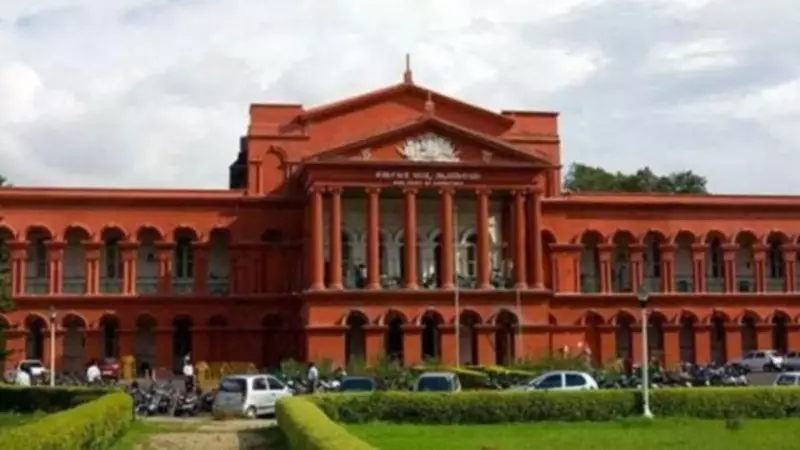
In a groundbreaking verdict that reinforces democratic freedoms, the Karnataka High Court has delivered a powerful judgment protecting citizens' rights to assemble in public spaces without bureaucratic hurdles.
Court's Landmark Ruling on Public Assemblies
The bench, comprising Chief Justice Prasanna B Varale and Justice Krishna S Dixit, declared that organizations and citizens don't need prior police permission to conduct peaceful gatherings in public parks and grounds. This decision came during hearings related to the Rashtriya Swayamsevak Sangh's (RSS) planned route march in Bengaluru.
What the Judgment Means for Citizens
The court emphasized that public spaces are inherently meant for community use and collective expression. Justice Krishna S Dixit categorically stated that no prior permissions are required from police or other authorities for using these spaces for lawful assemblies.
However, the court clarified that organizers must follow standard procedures by informing authorities about their planned events. This ensures necessary security arrangements while maintaining the fundamental right to assemble.
Background of the Case
The legal battle emerged when the RSS sought court intervention after facing obstacles in organizing their traditional route march through Bengaluru's streets. The organization had planned the event for Sunday but encountered resistance from local authorities.
Initially, the High Court had permitted the march with specific conditions, including restrictions on participant numbers and route limitations. However, the RSS appealed for broader access to public spaces, leading to this significant constitutional interpretation.
Broader Implications for Democratic Rights
This judgment sets a crucial precedent for how public spaces are managed and accessed across Karnataka. It strikes a balance between maintaining public order and upholding constitutional rights to freedom of assembly.
The court's position reinforces that democratic expression cannot be curtailed through administrative procedures unless there are genuine threats to public safety and order.
Key Takeaways from the Verdict
- No prior police permission required for peaceful public gatherings
- Organizers must inform authorities about planned events
- Public parks and grounds are open for community use
- Balance maintained between security concerns and democratic rights
- Sets precedent for future public assemblies in Karnataka
This ruling comes at a time when the use of public spaces for political and social gatherings has become increasingly contested across Indian cities. The Karnataka High Court's clear stance provides much-needed clarity on constitutional rights while ensuring public safety remains paramount.





